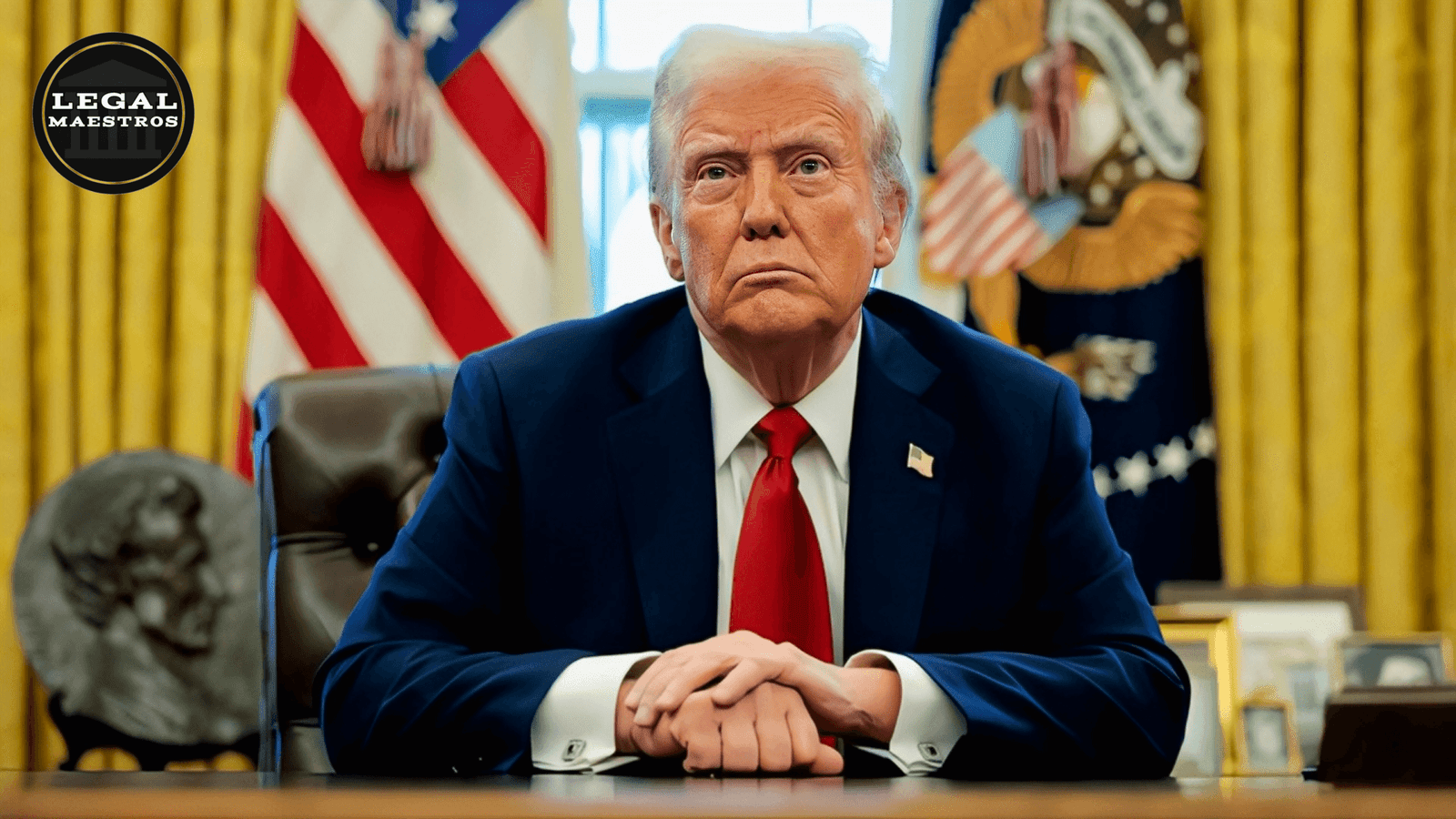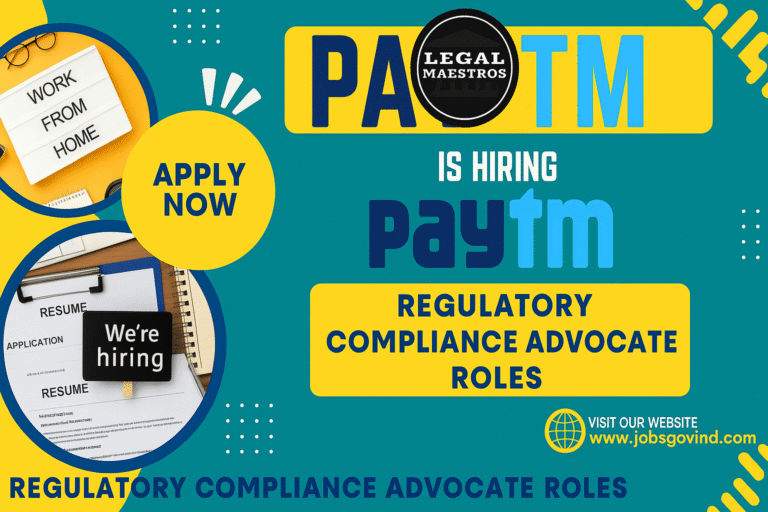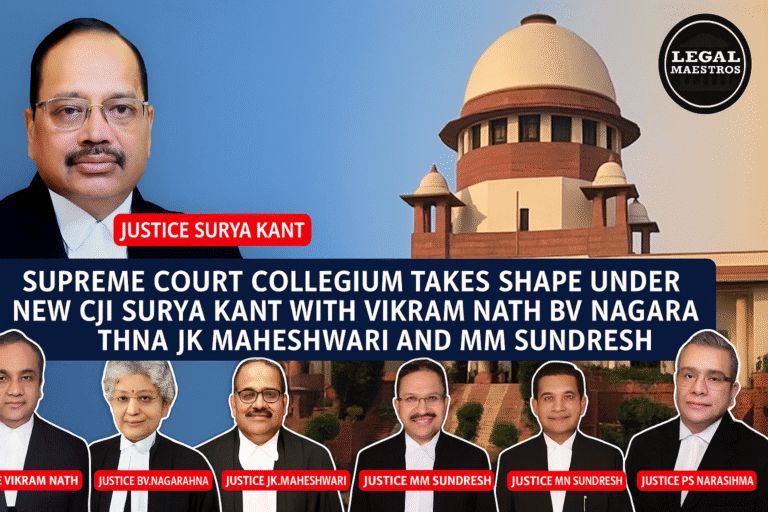
The Nobel Peace Prize is the perhaps the most coveted award in the world that is attributed to peace work. As a US President, this award is such a big deal getting nominated to win or even winning the same. The article is going to discuss the laws or rules of the Nobel Peace Prize and how a current US President e.g. Donald Trump qualifies to win the award.
Who set up the Nobel Peace Prize, and what is it supposed to do?
So as to learn how the Nobel Peace Prize is eligible we will first take a glance at the originator of the same Alfred Nobel and the same will. Alfred Nobel was a Swedish business man and inventor who in his will of 1895 established a fund to be used to donate prizes to individuals who had made the biggest contribution to humankind. This peace prize was only one of five prizes which he devised to go to the individual who has accomplished the most or the best work in the preceding year towards fraternity between nations, towards the abolition or diminution of standing armies and towards the promotion and holding of peace congresses.
Nobel Peace Prize decisions are all based on this initial writing of the will of Nobel. The Norwegian Nobel Committee in charge of selecting the winner has over time broadened its definition of peace. Probably the broadest category today that the prize can be granted is human rights advocacy, diplomatic negotiations, humanitarian work, and nuclear disarmament.
For any queries or to publish an article or post or advertisement on our platform, do call at +91 6377460764 or email us at contact@legalmaestros.com.
Who is eligible to be nominated to be the Nobel peace prize?
The eligibility criteria concerning the nominees are precise and broad at the same time. A nomination can be done by any living person or active organization. No limitation is based on nationality, occupation or political position of a person. This implies that the President of the US theoretically stands an equal chance of becoming president as the human rights activists, diplomats or a head of a non-governmental organization.
Nonetheless, the pursuance of nomination is highly regulated. You are not allowed to self-nomination. Only the few qualified individuals are supposed to make a nomination. These include:
- National assembly and governances (such as presidents, prime ministers, members of Congress and so on).
- International court members.
- Professors of universities, special topics (such as history, social sciences, law, and theology).
- The past winners of the Nobel Peace Prize.
- Active as well as past members of Norwegian Nobel Committee.
The availability of heads of state and members of the government who can nominate is so important. What this entails is the fact that world leaders and even congressmen of the US can suggest the name of a US President in an official way.
The Fateful Contest: Behind the Scenes Get-Together
After a nomination occurs, it will become a very secretive and rigorous process. The nomination deadline in any given award year is January 31st of that same year. Then the Nobel Committee and its advisers take several months to check through the nominations, draw up a short list and find out more. 50 years are ruled so that the names of the nominees are not announced publicly, and this is so that the process is not subject to any political influence and so any speculation by the ordinary citizens.
This is one of the major factors of the Nobel Prize. News about some nominations do frequently appear in print and on television, and such announcements may be made by a person who has been nominated (as when a politician publicly states that he or she has nominated somebody), although they are not official statements by the Nobel Committee. The nominators will use them frequently to do politics. No nominations can be, or are, confirmed or rejected by the Committee before the expiration of 50 years.
Can Donald Trump Be Nominated? The Facts on the Ground The Reality of the Law and the Political Reality
By the rule, it does indeed make Donald Trump eligible to be nominated to the Nobel Peace Prize. He has previously been nominated several times and also nominated in the current and the upcoming prizes. These nominations have been proposed by several parties and institution including other governments other than the US and members of the US congress.
The eligibility aspect is independent of whether a person will win or not. To win the prize, one needs the endorsement of five-member Norwegian Nobel Committee in their interpretation of the will of Alfred Nobel. The decision reached by the Committee is frequently dependent on a confusing enmeshment of actions of the nominee, the political climate of the world, and personal values (if they exist) by the committee members.
This is especially difficult to one who is a president. As a national leader, they are expected to engage in various activities that can be termed as peaceful and aggressive. To illustrate this to the letter, say a president negotiates a peace accord in two countries and while doing that, sign off military action on another part of the world. The Nobel Committee would have to see these acts as opposed to each other in order to find out whether the nominee has done the most or the best work to promote peace.
Those who support the nomination of Trump usually refer to certain diplomatic successes, including the Abraham Accords, which normalized the relationship between Israel and numerous Arab states, or his role in reducing the tension among the conflicting parties in other international conflicts. According to them, these measures directly meet the prize conditions of advancing fraternity between nations.
Conversely critics will tend to question the other policies and rhetoric of a president in question and present their arguments that it is not in the true spirit of the prize. Although these criticisms are not related to legal eligibility of nomination in a direct way, they are a part of the general political environment in which the Nobel Committee has to maneuver.
Where it is clear that you are eligible it is not clear that you win.
In short, the entire legal and procedural policy for the eligibility of Donald Trump to receive a Nobel Peace Prize is apposite. Being a living person, any one of the thousands of qualified individual in the world including other political leaders can nominate him. He is not disqualified by the rules of the prize.
Nomination however does not equate to an endorsement. What matters is the rigorous, secretive and awarding assessment by the Norwegian Nobel Committee. The stage of deciding is the view that the Committee holds to determine whether the activities of the nominee correlate to the most vital principles of the will of Alfred Nobel to promote an understanding and peace among people and nations. The award has also been controversial in terms of going to controversial candidates and the argument of who is the true bearer of peace and true peace itself still persists. After all it can be mentioned that Trump has a chance to run, but the question would be to win the prize upon a certain judgment by the committee as per his actions and how they influenced the global peace.







